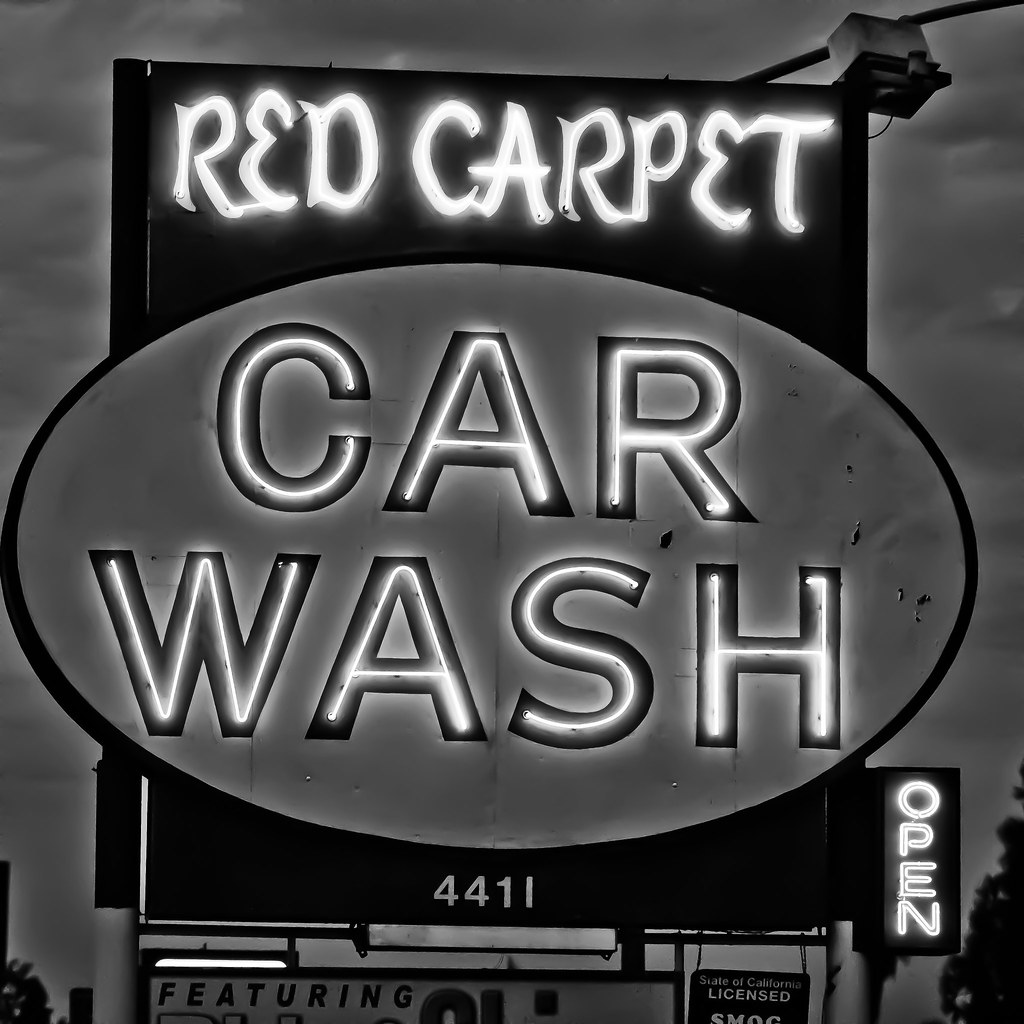Remember, we're on
day two of a Northern California only Flex alert. What does that mean? Well, it means that the projected need for energy may exceed the amount available, so please do what you can to conserve at your
home and
business, especially between the hours of 12:00-7:00 p.m.
So, you're at the office and you're wondering what can you do to make any kind of difference? Let's start with the easy stuff:
- Turn off any unnecessary lights. Does you office or common area have more than one light switch? Try using only one. If you're really hardcore about your conservation turn them all off and use a small desk lamp with a CFL or LED bulb like I do. Do you think that the bathroom or break room lights really need to be on when no one is in there? Of course not! Do everyone a favor and turn them off.
- Give your computer a break! I hope to God you don't spend your lunch sitting in front of your computer screen and if you do, STOP IT! Now that that's out of the way--when you leave for lunch turn your monitor off. Simple, right? You can also enable power saving modes on your computer to turn off the screen or go to sleep when not in use. Like when your boss unexpectedly calls you into his office for a quick hour long chat.
- Unplug and let go! How many non-critical machines are currently plugged in at your office? That letter folder in the corner that gets used once a month but always plugged in? Unplug it. The toaster over that one lady from HR uses every other month? Unplug it. The cell phone, tablet, blue tooth chargers that aren't actually charging anything? Unplug them. Unplug them all! Even machines at rest and inactive chargers steal electricity (for the most intellectual explanation of this effect please check out my friends, Carl and Eddy).
The three tips listed above are all things you can easily do that will help lighten the load for California, and it means that this guy won't have to worry about losing power and melting into a puddle on the kitchen floor...
 |
| Dutch the St Bernard keeping cool in his summer cut! |






